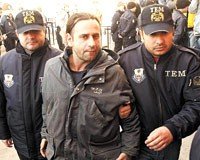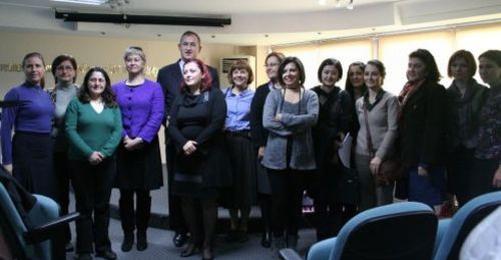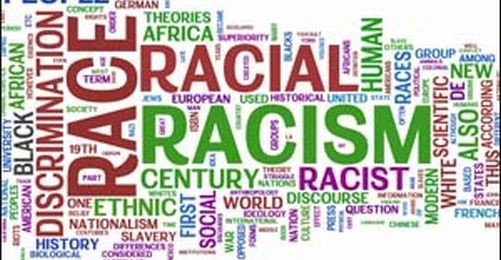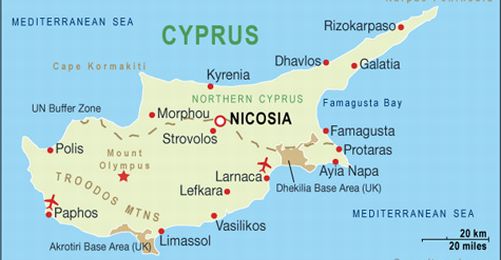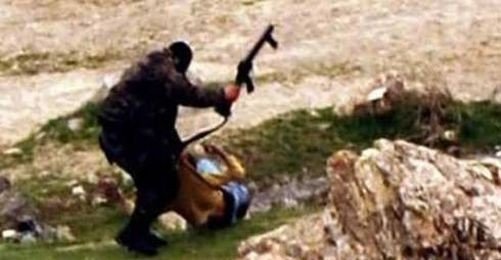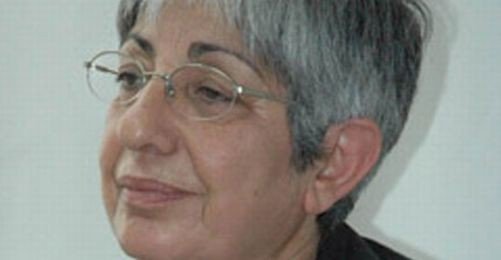On 30 January, Chief of General Staff General Yasar Büyükanit met the Macedonian Minister of Defense, Lazar Elenovski, in Ankara.
Cordial visit will be returned
The meeting was held in front of the press. Büyükanit said:
“There is an important reason why this visit is open to the press. It is to show how much we value Macedonia.”
“We want to be at peace so that the painful experiences of all the Balkan countries are not repeated.”
Büyükanit emphasised that Turkey wanted a peaceful solution in Kosovo and hoped that Macedonia would soon join NATO. He also announced a return visit to Macedonia within this year.
Elenovski also expressed his satisfaction at the good relations between the two countries. He thanked Turkey for its support in military education and supplies.
Headscarf debate: "Army's attitude is well-known"
Journalists used the opportunity to ask Büyükanit about the current debate on constitutional change which would allow female university students to wear headscarves.
Büyükanit said, “There is no one who does not know the army’s attitude on this issue. I can’t add anything new to the subject.”
The ban on headscarves at universities was enforced after the coalition government of the Islamist Welfare (Refah) Party and the centre-right True Path (Dogru Yol) Party was toppled by pressure from the army on 28 February 1997, a so-called "post-modern military coup".
The army sees itself as the protector of the laicist regime in Turkey and rejects the headscarf as a religious symbol. When President Abdullah Gül came to office in 2007, one of the most debated issues was the headscarf of his wife and how the army would react to it.
Ergenekon: "The army is not a criminal organisation"
Journalists also asked Büyükanit about police operations against the ultra-nationalist Ergenekon gang, which a conspicuous number of retired army officers are part of. The general replied, “There are some who are trying to make connections between these events and the army. The army is not a criminal organisation. There may be some who make mistakes. If there is a crime, the judiciary decides on this and hands out punishments.” (EÜ/TK/AG)









